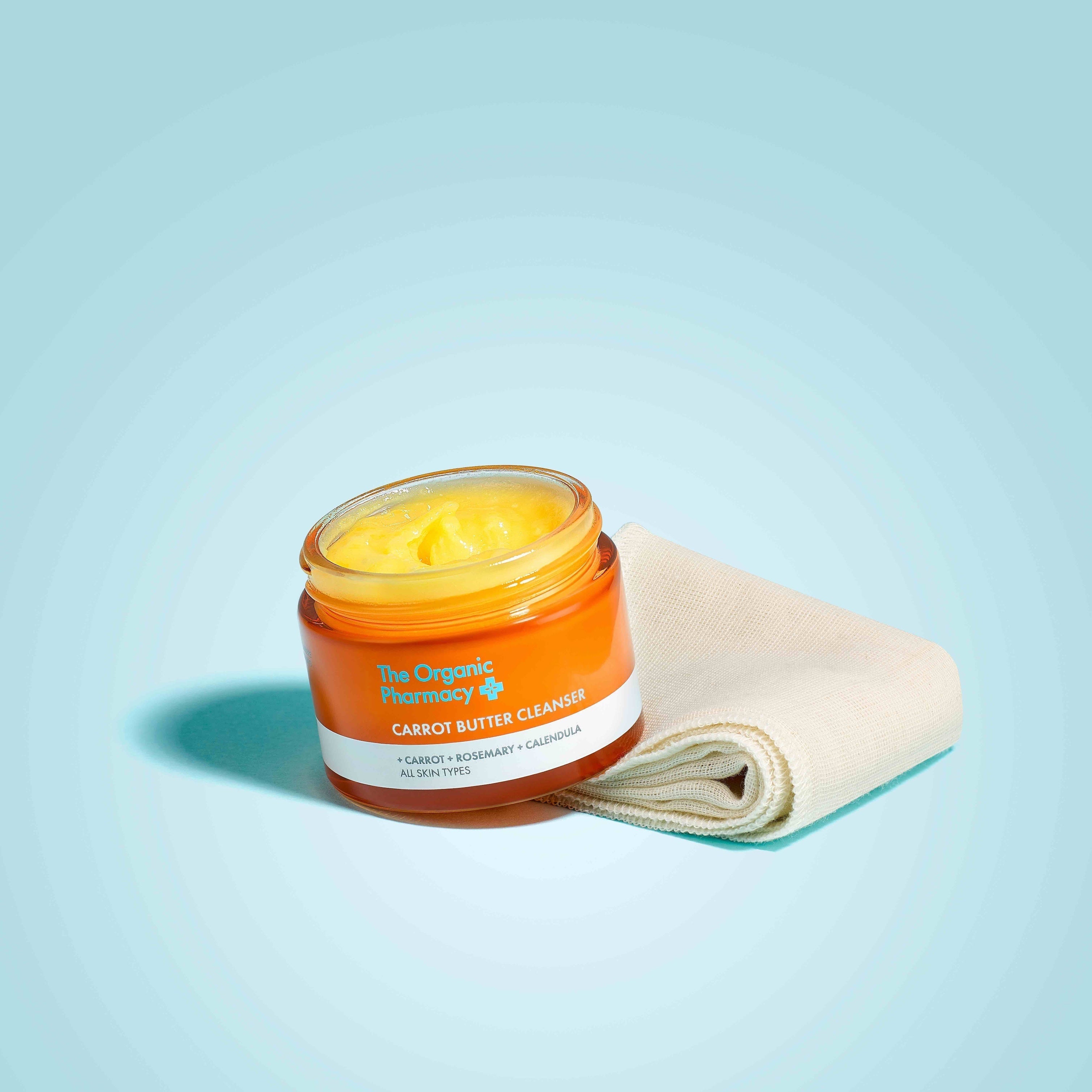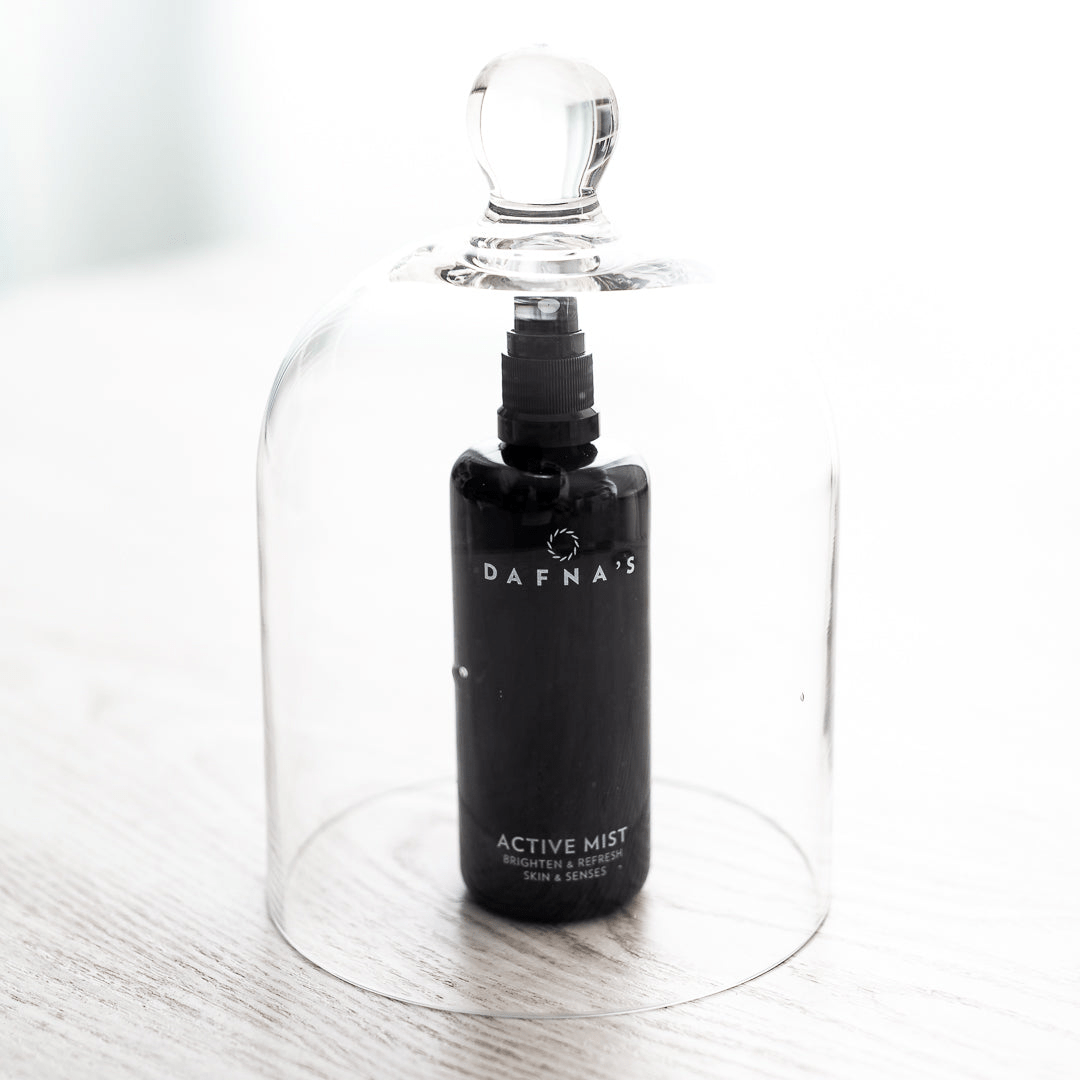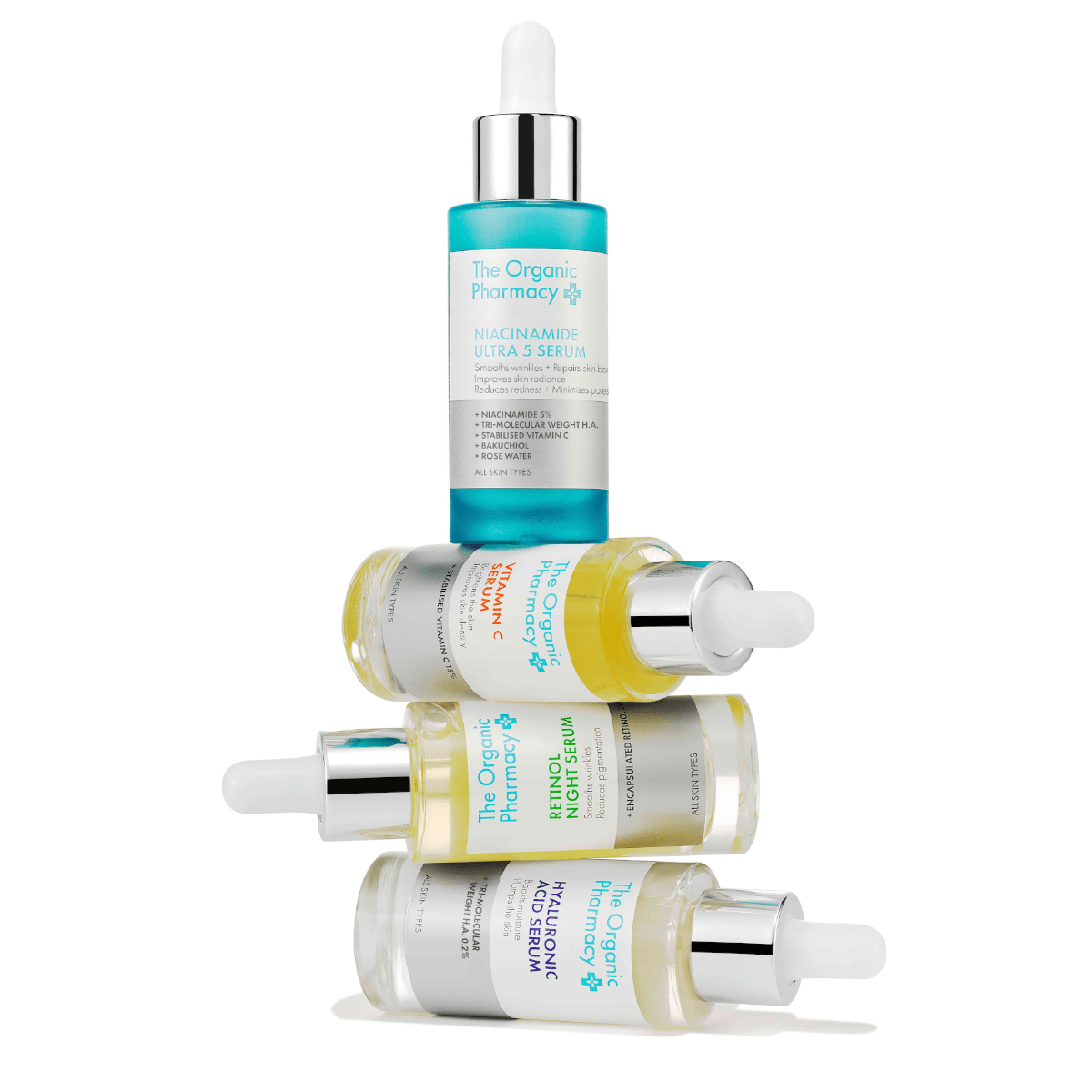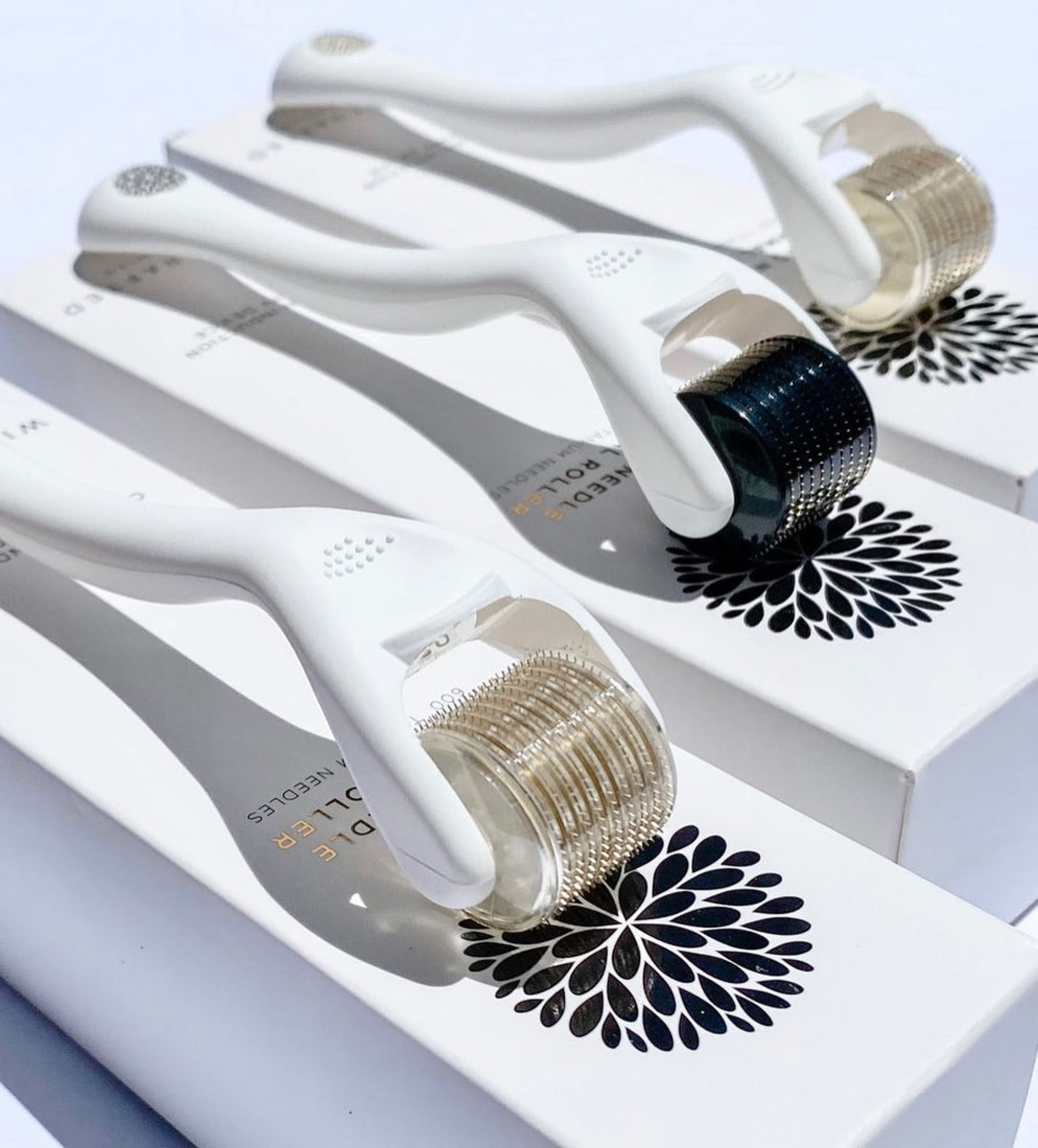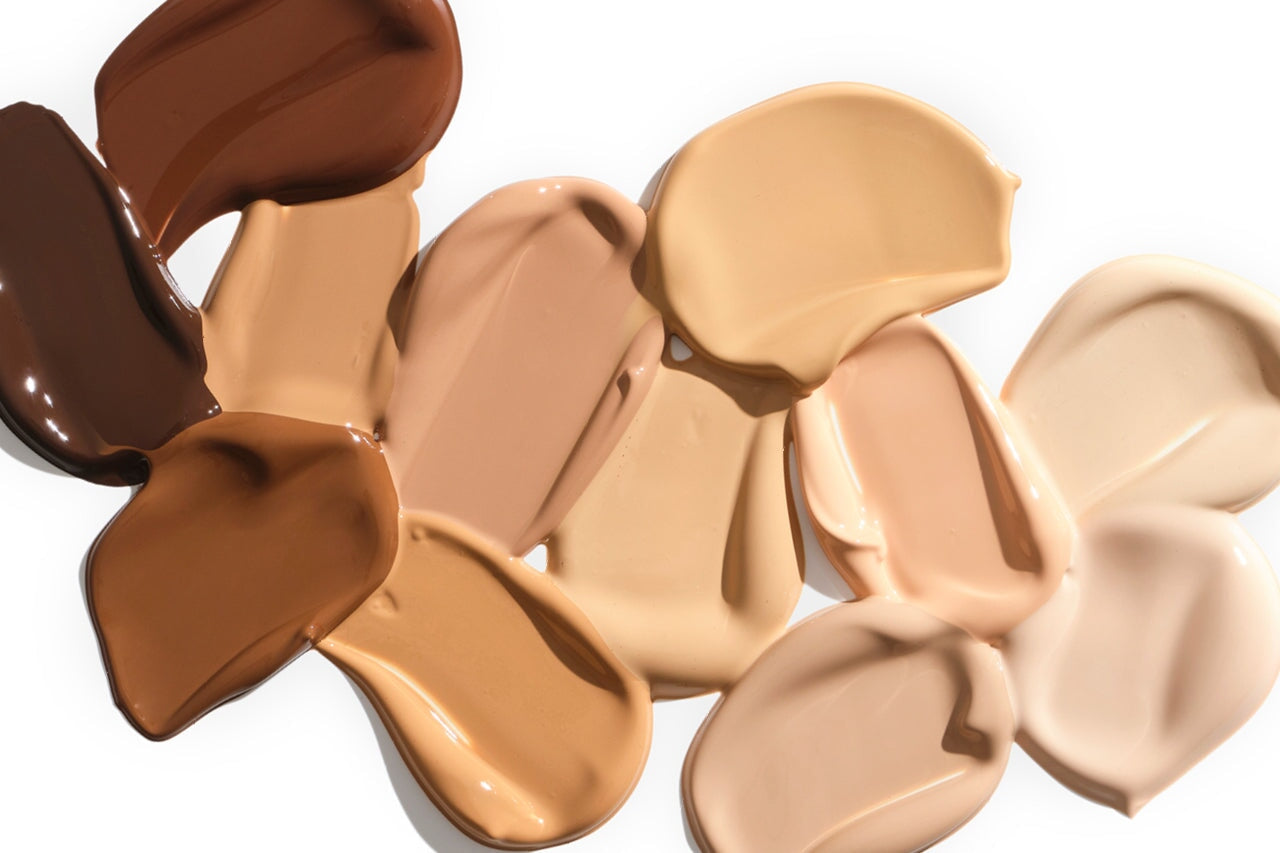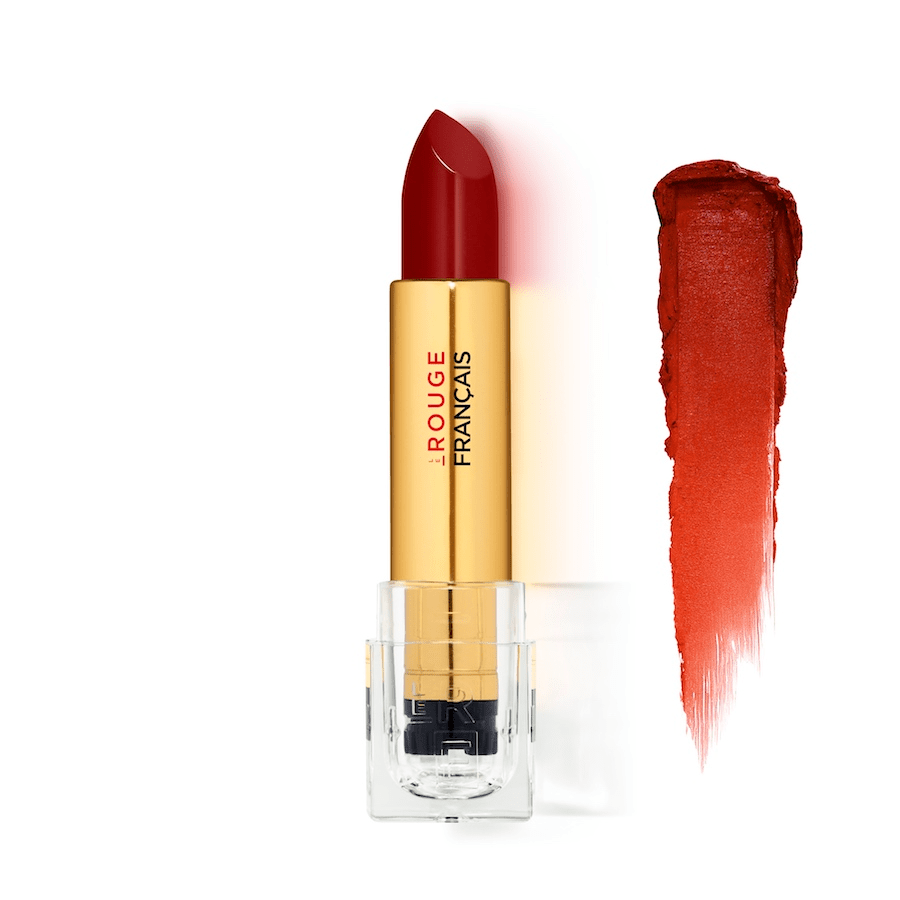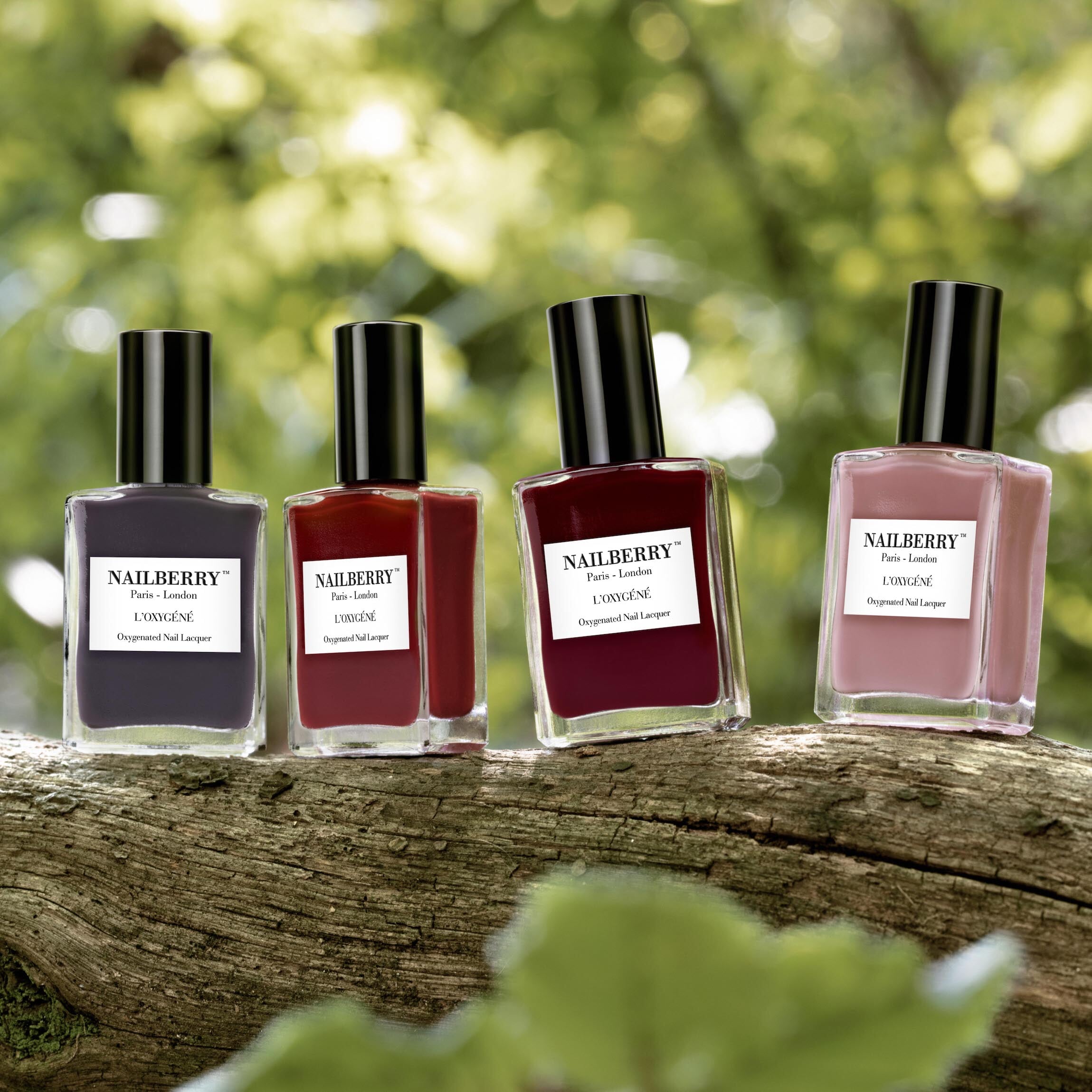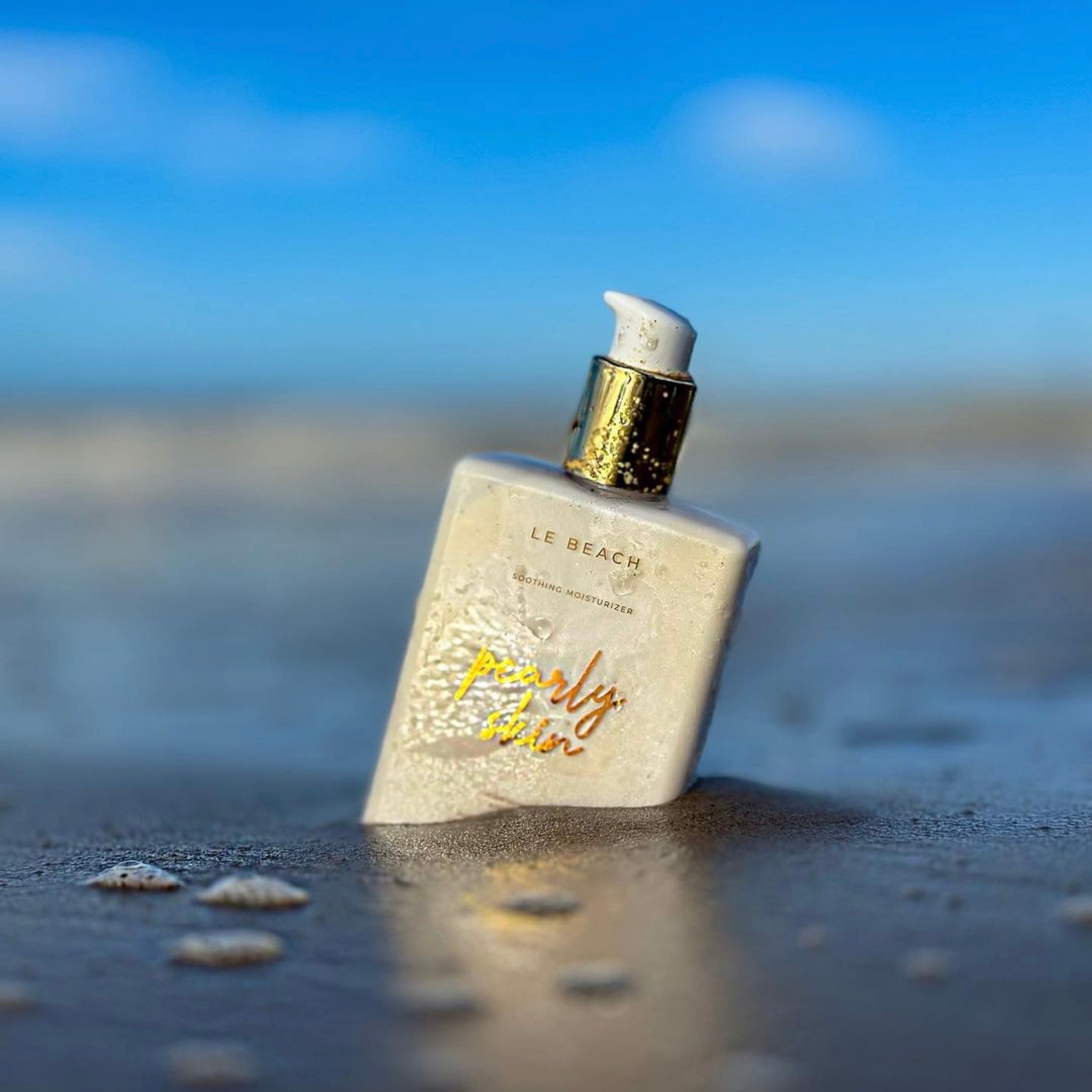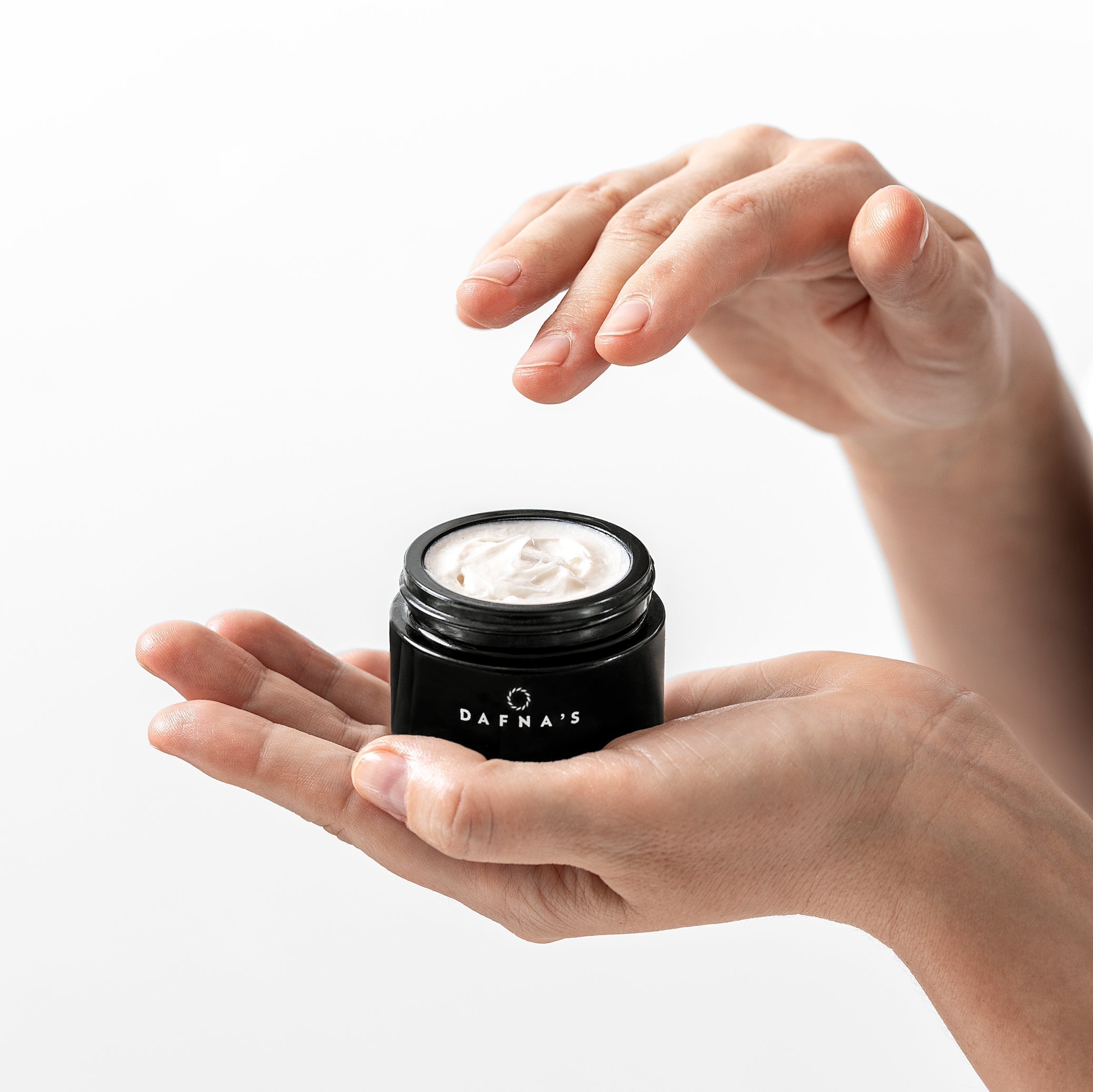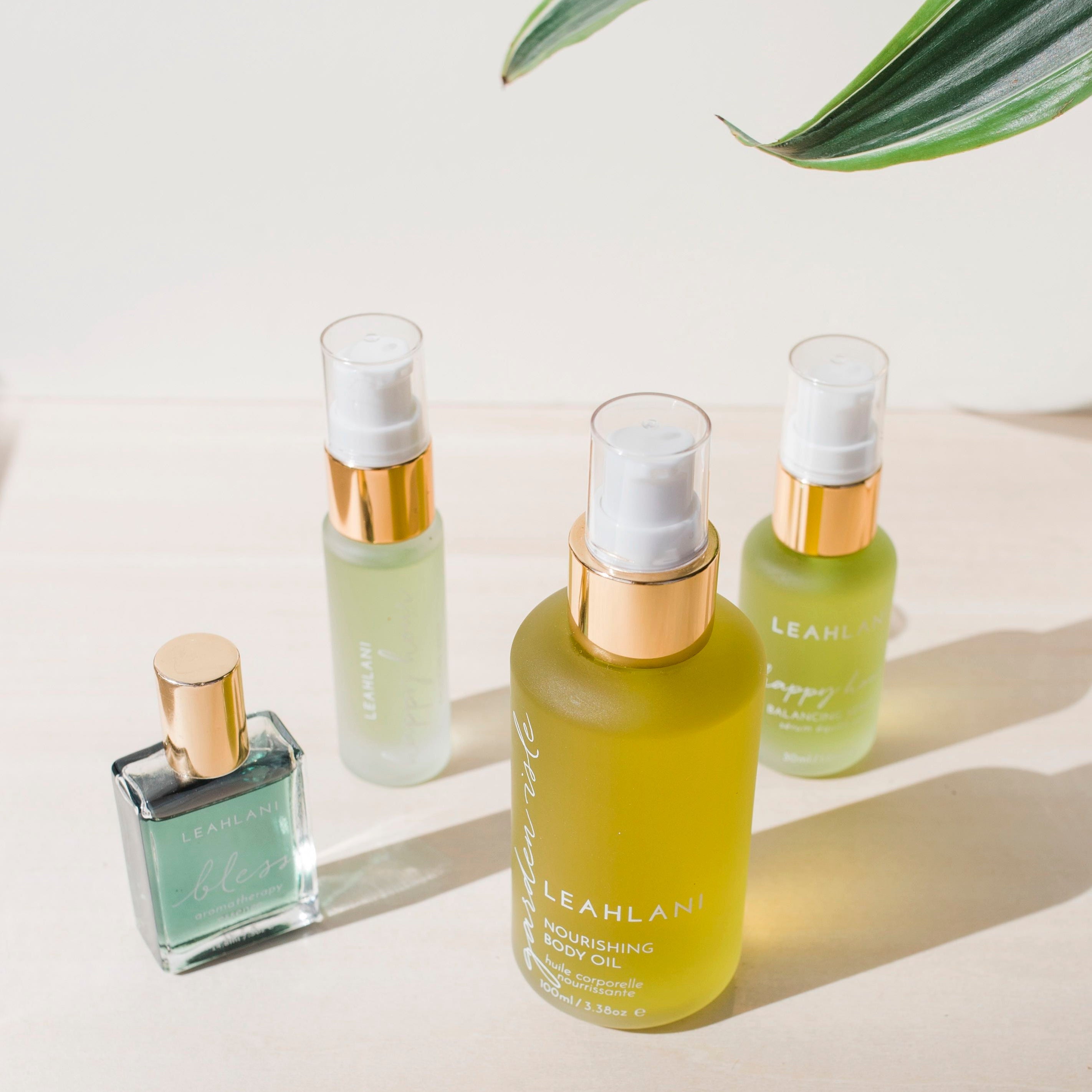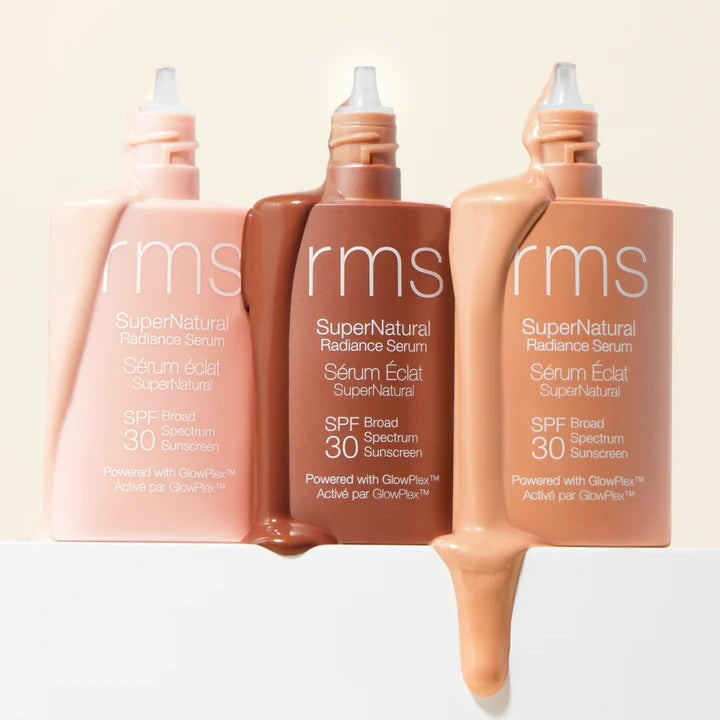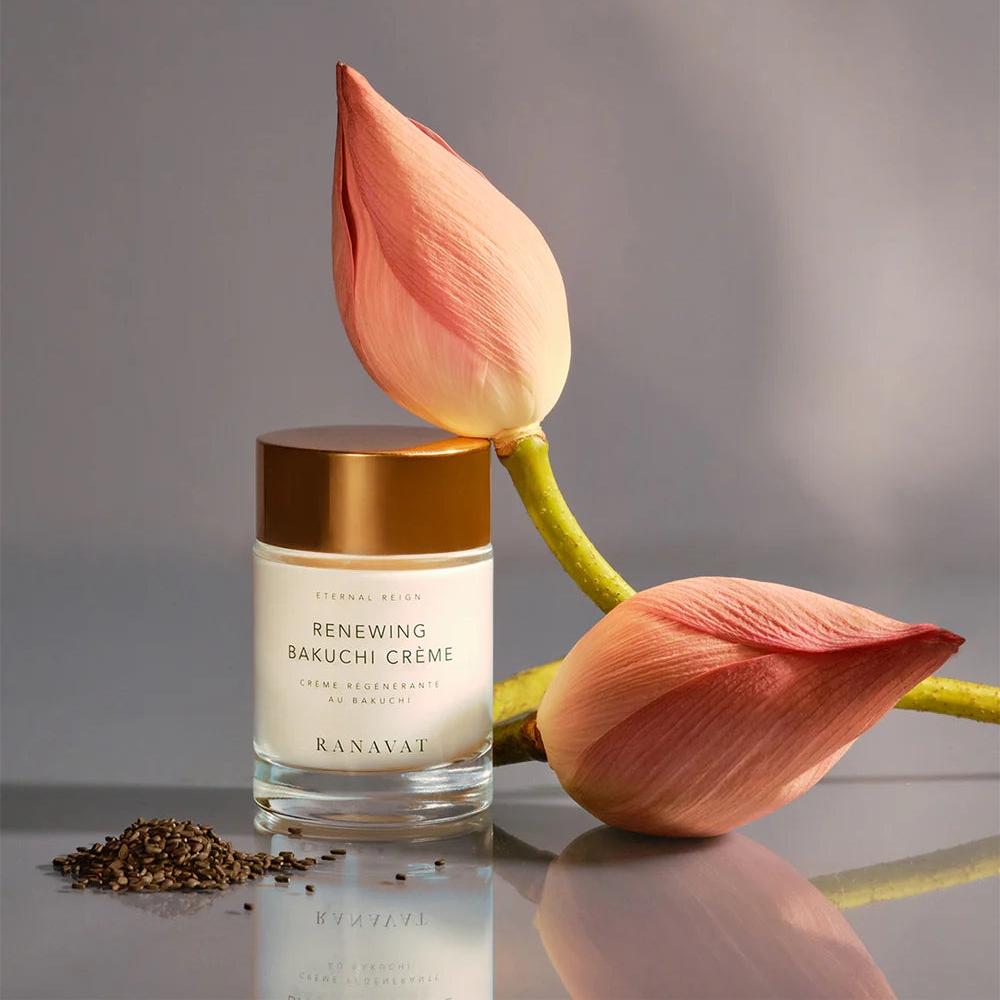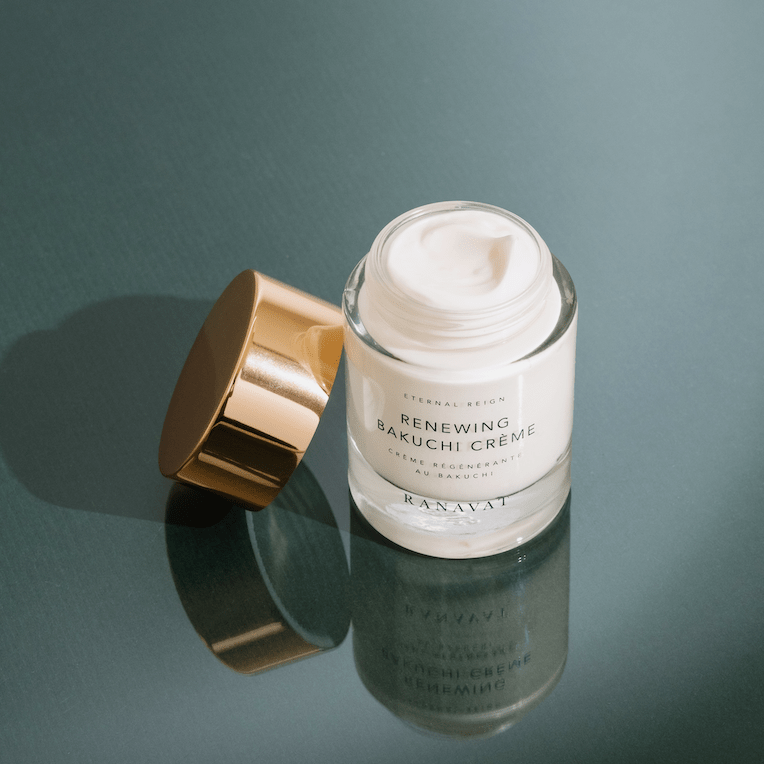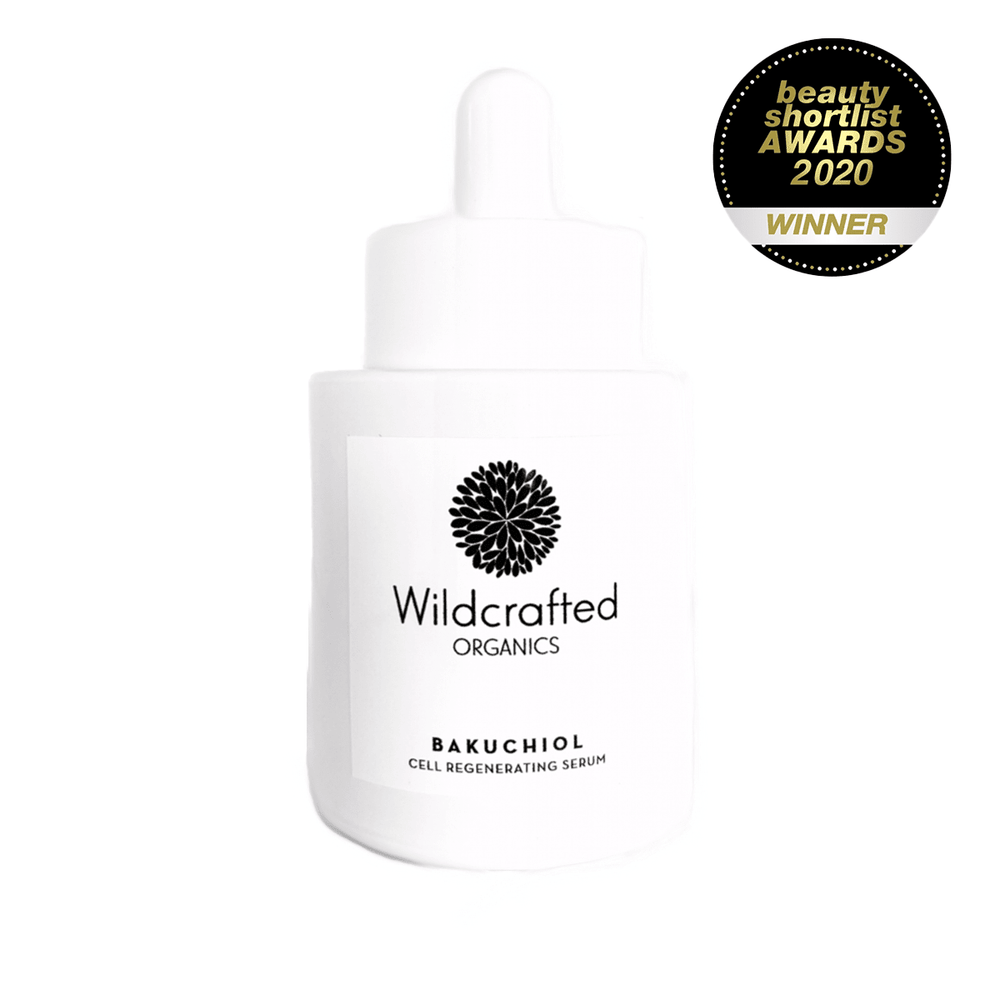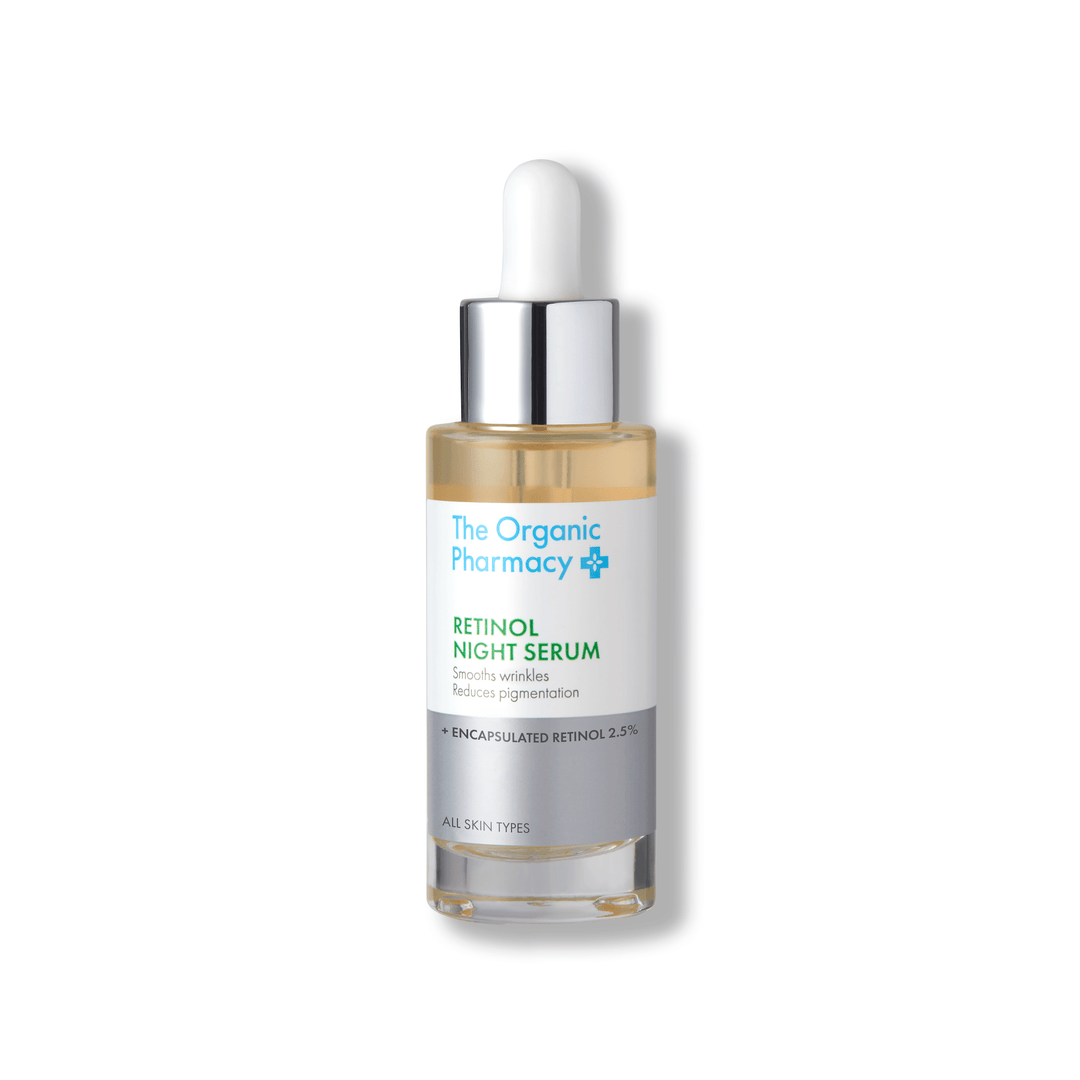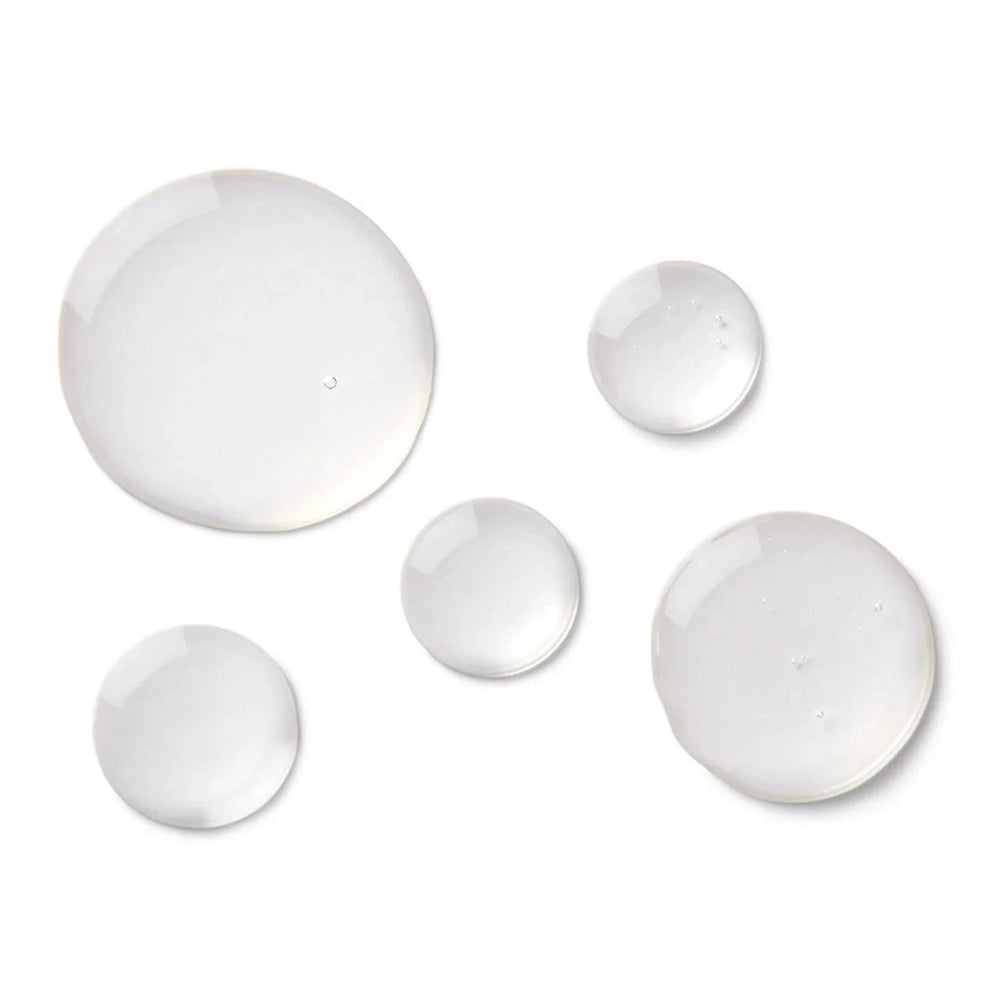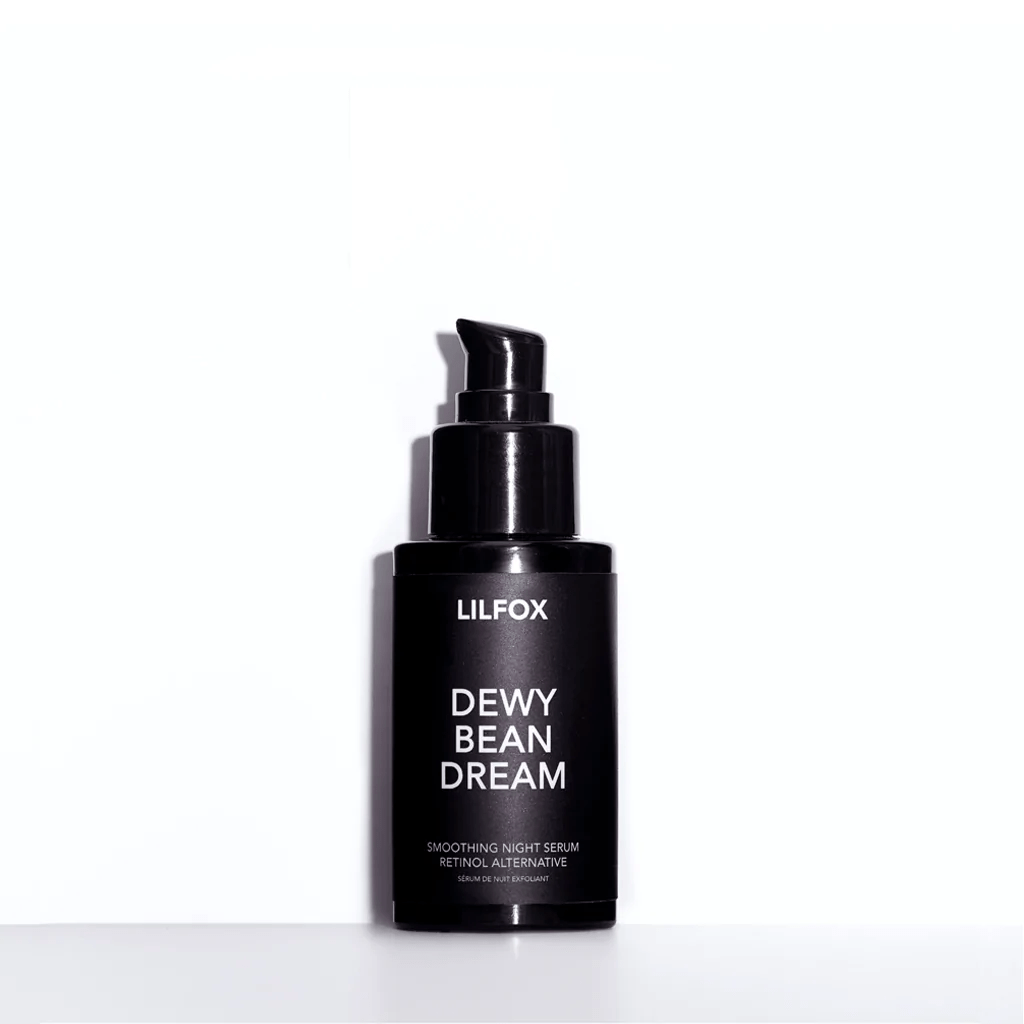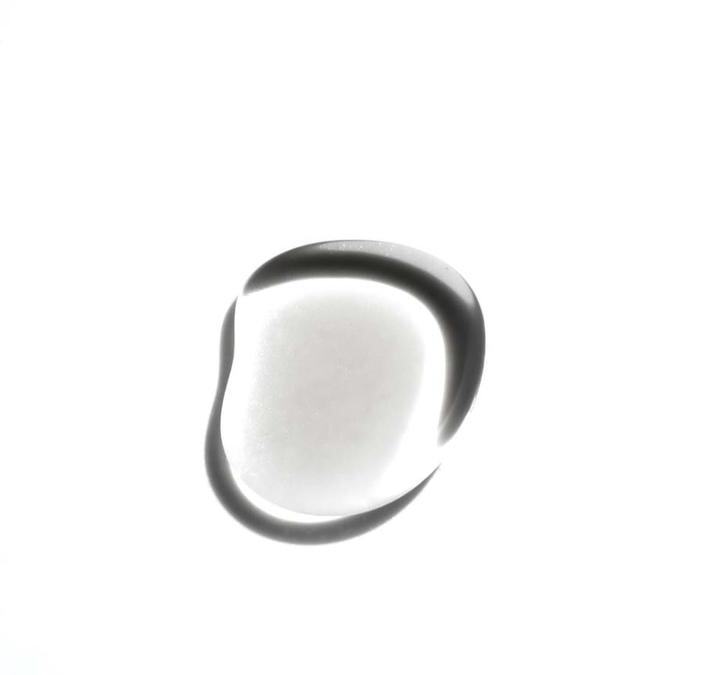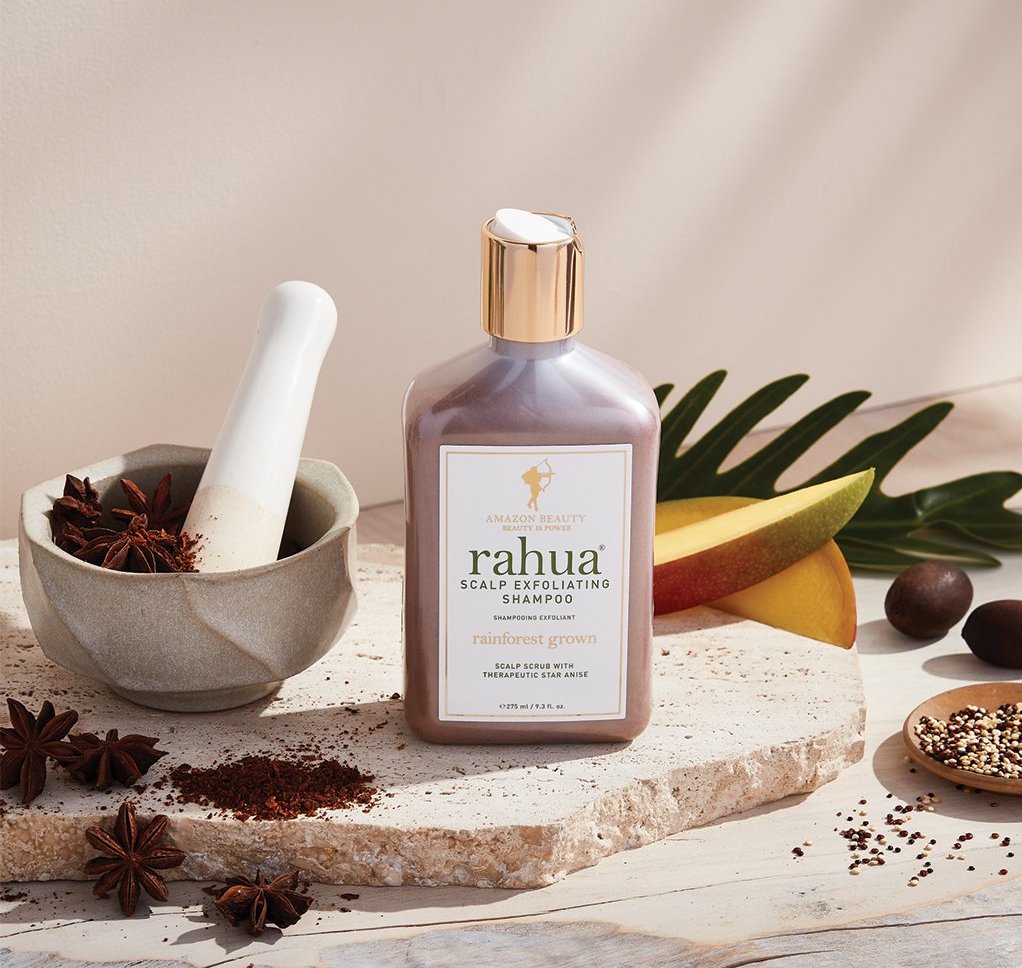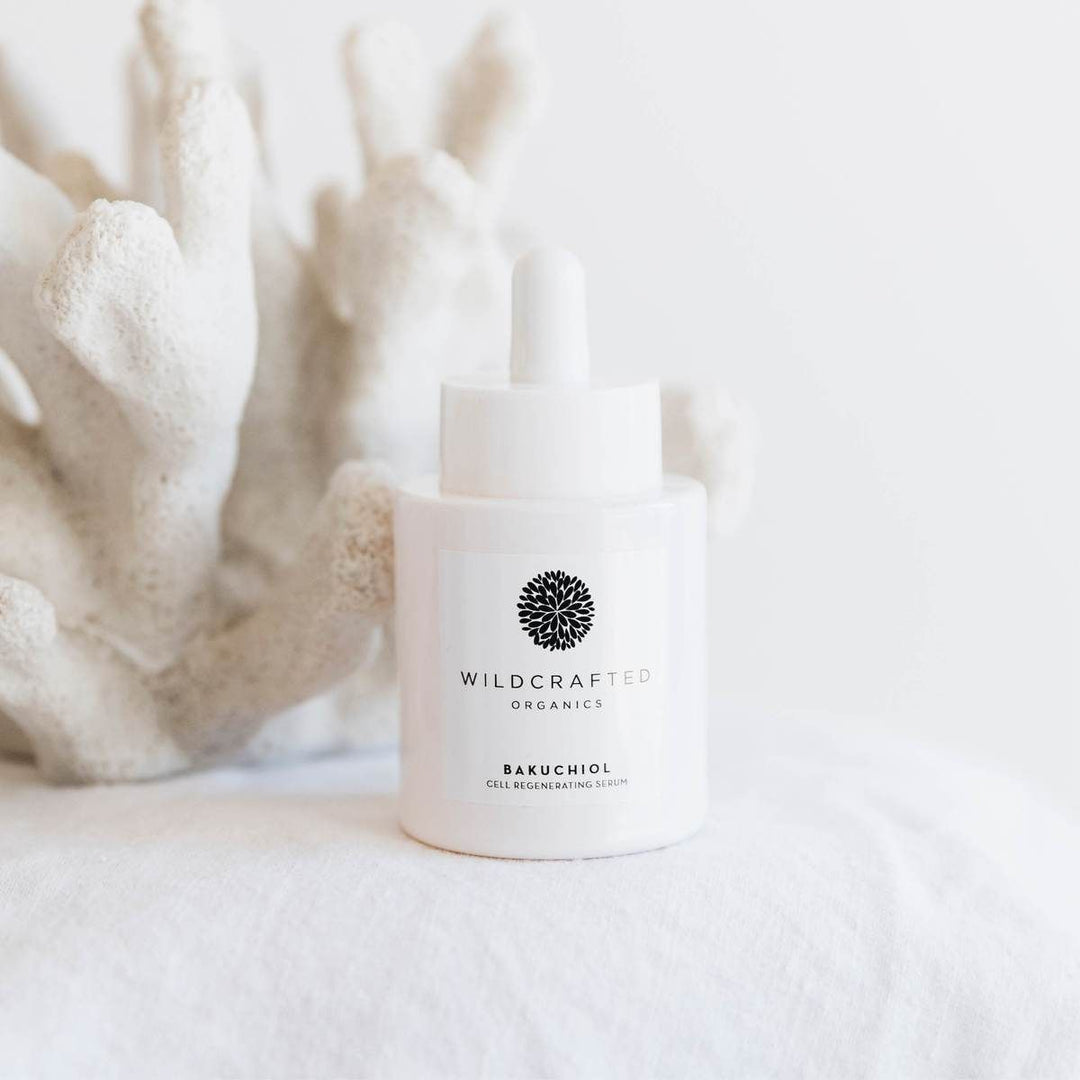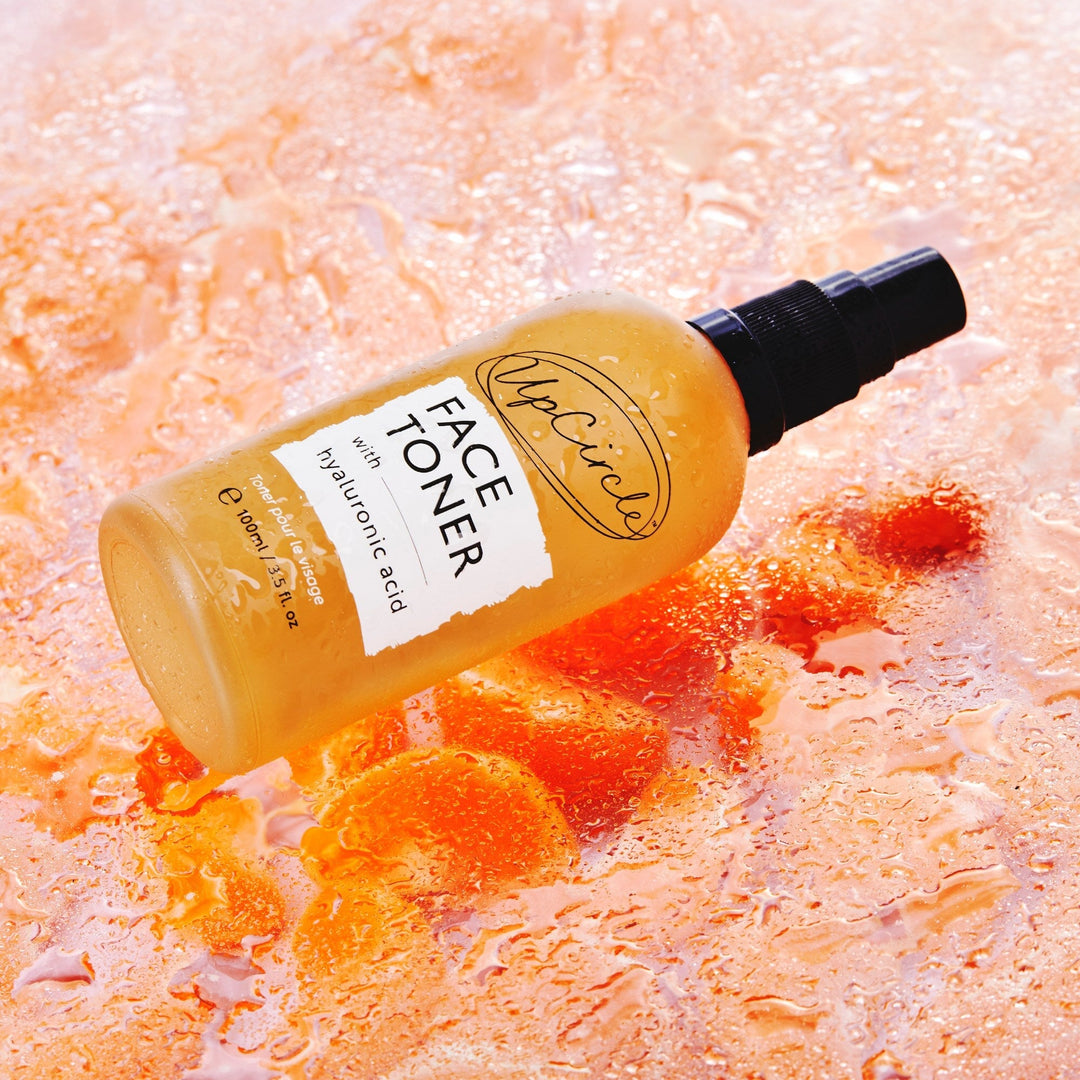
Facial care after 40: Your skin deserves the best
From the age of 40, your skin changes noticeably – natural regeneration slows down, and the signs of aging become more noticeable. But with targeted facial care and the right active ingredients, you can optimally support, regenerate, and protect your skin. In this article, you'll learn all about the latest scientific findings on the most important ingredients specifically tailored to the needs of your skin after 40.
Why is special facial care so important after 40?
With age, collagen production declines, cell renewal slows, and the skin loses elasticity and moisture. These processes promote the appearance of fine lines, wrinkles, and age spots. Scientifically based facial care with effective active ingredients can significantly mitigate these changes by:
- Stimulates skin regeneration
- Provides antioxidant protection
- Improves moisture supply
- Inhibits the natural breakdown of collagen and elastin

The top active ingredients for your facial care from 40
Retinol – The classic skin renewal product
Retinol is a vitamin A derivative and is considered the gold standard in anti-aging care. It supports cell renewal, stimulates collagen production, and reduces pigmentation. Numerous studies show that retinol visibly improves the skin's appearance by reducing fine lines and wrinkles. Make sure to introduce it gradually into your skincare routine, as skin may initially react sensitively.
Vitamin A – Essential for skin regeneration
Although often confused with retinol, vitamin A encompasses a group of compounds that occur in different forms (such as retinal and retinoic acid). Vitamin A is fundamental for the maintenance and regeneration of the skin and plays a central role in protecting against free radicals. It supports the skin's repair processes and improves skin structure.

Bakuchiol – The plant-based retinol equivalent
Bakuchiol has gained a lot of attention in recent years because it exhibits similar effects to retinol, but is often better tolerated. It stimulates collagen production, improves elasticity, and reduces wrinkles – all without the common irritation that retinol can cause. The latest studies confirm bakuchiol as an effective alternative, especially for sensitive skin types. You can find our products containing bakuchiol here.
Resveratrol – The Antioxidant Booster
Resveratrol is a powerful antioxidant that protects against damaging free radicals and possesses anti-inflammatory properties. It supports skin regeneration and helps ward off environmental influences. Research shows that resveratrol has positive effects on the skin's appearance, particularly in combating oxidative stress.

Vitamin C and its derivatives – For radiant skin
Vitamin C is a key ingredient in modern facial care. It combats free radicals, supports collagen formation, and brightens the complexion. Various derivatives include:
- Ascorbic acid: The classic form of vitamin C, which acts directly as an antioxidant and promotes collagen synthesis.
- Magnesium Ascorbyl Phosphate: A more stable variant that is particularly suitable for sensitive skin.
- Sodium Ascorbyl Phosphate: Has an antibacterial effect and is ideal for combating skin impurities.
Each of these derivatives has specific benefits that can be optimally integrated into your skincare routine, depending on your skin type and individual needs. You can find our products containing vitamin C here .

Hyaluron – The moisturizer: large and low molecular weight
Hyaluronic acid is a natural component of the skin known for its impressive ability to bind water. It is divided into:
- Large-molecule hyaluronic acid: Forms a protective, moisturizing layer on the skin's surface and prevents water loss.
- Low molecular weight hyaluronic acid: Penetrates deeper into the skin to improve hydration and promote elasticity.
The combination of both forms provides comprehensive hydration and can sustainably rejuvenate the skin's appearance. You can find our products with hyaluronic acid here.
Antioxidants and peptides – protect and regenerate
In addition to the active ingredients already mentioned, other antioxidants, such as vitamin E and coenzyme Q10, are also essential for protecting the skin from oxidative stress. Peptides, on the other hand, are small protein chains that act as messengers and promote cell communication. They can stimulate collagen production and thus help improve skin texture and reduce wrinkles.
Active ingredients in anti-aging dietary supplements
Not only external application, but also targeted support from within can have a positive impact on your skin. Anti-aging supplements often contain a combination of:

Collagen peptides
Collagen peptides help support the body's own collagen production. Studies show that they can improve skin elasticity and reduce the appearance of wrinkles. Collagen peptides taken orally can slow the skin aging process by stimulating the body's own collagen production. Collagen is an essential structural protein in the skin that provides firmness and elasticity. With age, collagen production decreases, leading to the formation of wrinkles and sagging skin.
How do collagen peptides affect skin aging?
-
Stimulation of collagen synthesis
Collagen peptides contain short-chain amino acids that the body uses as building blocks for new collagen. Studies show that these peptides can stimulate the body's own production and improve skin texture. -
Increase skin elasticity and moisture
Due to increased collagen production, the skin becomes more elastic and retains more moisture, which visually reduces wrinkles. -
Reduction of wrinkles and sagging skin
Long-term use of collagen peptides can help visibly reduce fine lines and wrinkles. -
Support through additional nutrients
Many collagen supplements contain vitamin C, hyaluronic acid or zinc, which further promote collagen formation and have an antioxidant effect.
Scientific findings
Studies have shown that taking 2.5–10 g of collagen peptides daily for several months improves skin density, increases skin moisture, and reduces wrinkles.
You can find our dietary supplement with collagen peptides and Q10 here.

Coenzyme Q10
Coenzyme Q10 is an important antioxidant and supports energy production in skin cells. It can help slow the aging process and protect the skin from harmful environmental influences.
How Coenzyme Q10 slows down the aging process
Coenzyme Q10 (ubiquinone) is a naturally occurring antioxidant that plays a key role in cellular energy production. With age, Q10 levels in the body decrease, leading to reduced cell regeneration and increased oxidative stress—both factors that accelerate skin aging.
Effect of Q10 when taken orally
-
Protection against oxidative stress
Q10 neutralizes free radicals caused by UV radiation, environmental pollution, and stress, thus protecting the skin from premature aging. -
Increase in cellular energy production
Q10 supports the mitochondria, the "powerhouses" of cells, in energy production. This promotes cell regeneration and keeps the skin vital. -
Reduction of wrinkles and improvement of skin structure
Studies show that long-term intake of Q10 improves skin thickness, reduces wrinkles and provides a smoother complexion. -
Supports collagen and elastin production
Q10 helps slow the breakdown of collagen and elastin, which keeps the skin firmer and more elastic. -
Promote general cellular health
In addition to the skin, organs and muscles also benefit from Q10 because it supports cell function throughout the body.
Scientific findings
Studies show that taking 50–200 mg of Q10 daily for several months leads to a measurable improvement in skin firmness and moisture.

Omega-3 fatty acids and other vitamins
Omega-3 fatty acids have anti-inflammatory effects and help stabilize the skin barrier. Complemented by vitamins such as vitamin E and specific minerals, these ingredients offer a holistic approach to supporting skin health after 40.
How Omega-3, vitamins, electrolytes and magnesium salts slow down the aging process
Skin aging is accelerated by oxidative damage, moisture loss, and the breakdown of collagen and elastin. Omega-3 fatty acids, vitamins, electrolytes, and magnesium salts support the skin from within by reducing inflammation, promoting cellular health, and stabilizing moisture balance.
Effect of omega-3 fatty acids
-
Anti-inflammatory effect
Omega-3 fatty acids (EPA & DHA) reduce inflammation in the skin caused by environmental stress and UV radiation. This helps minimize redness, dryness, and signs of premature aging. -
Strengthening the skin barrier
Omega-3 supports the skin's lipid structure, which helps retain moisture and keeps the skin supple. -
Protection against UV damage
Studies show that Omega-3 can help reduce UV-induced skin damage and make skin more resistant to sun exposure. -
Promotes collagen production
Omega-3 indirectly contributes to the maintenance of collagen and elastin by reducing oxidative damage and supporting skin structure.

Important vitamins for skin aging
🟠 Vitamin C
- Promotes collagen synthesis and protects against oxidative stress.
- Lightens pigment spots and ensures an even skin tone.
🟡 Vitamin E
- Acts as a powerful antioxidant and protects cell membranes from damage.
- Supports the moisture balance and elasticity of the skin.
🔵 Vitamin A (retinol & beta-carotene)
- Promotes cell renewal and counteracts skin thinning.
- Stimulates collagen production and improves skin texture.
🟣 Vitamin D
- Supports the skin barrier function and strengthens the skin's immune system.
- Can relieve inflammatory skin processes such as acne or eczema.
🟢 B vitamins (B3, B5, B7/biotin)
- Strengthen the skin barrier and help regenerate damaged skin.
- Niacinamide (vitamin B3) reduces redness and improves skin elasticity.
Electrolytes & Magnesium Salts – The Moisture and Regeneration Boosters
⚡ Electrolytes (sodium, potassium, calcium & chloride)
- Regulate the skin's moisture balance and support cell communication.
- Help stabilize water balance and prevent dehydration.
- Promote nutrient absorption and strengthen the skin barrier.
💙 Magnesium salts
- Support cell regeneration and have an antioxidant effect.
- Promote collagen production and help reduce fine lines.
- Have a relaxing effect on the muscles and skin cells, which contributes to improving the skin structure.
Scientific findings
- Studies show that regular intake of omega-3 fatty acids improves skin elasticity and reduces the formation of wrinkles.
- Vitamins C and E act synergistically as antioxidants and can significantly reduce oxidative damage.
- Electrolytes help moisturize the skin, while magnesium supports cellular metabolism.
Omega-3 fatty acids, vitamins, electrolytes, and magnesium salts are essential building blocks for healthy, youthful skin. They protect against oxidative stress, improve moisture balance, promote cell regeneration, and support collagen formation – for a radiant complexion from within.
Conclusion: Scientifically based facial care from 40
With the right selection of active ingredients like retinol, vitamin A, bakuchiol, resveratrol, vitamin C derivatives, hyaluronic acid, antioxidants, and peptides, you can optimally care for your skin and effectively combat the signs of aging. A skincare routine based on scientific findings – supported by high-quality anti-aging supplements – will help you achieve a youthful, radiant complexion. Always adapt your routine to your skin's needs.
Sources and studies
-
Kafi, R. et al. (2007)
Improvement of Naturally Aged Skin with Vitamin A (Retinol) Treatment: A Clinical, Histologic, and Molecular Study. Archives of Dermatology. Link via PubMed -
Farris, PK (2005)
Topical Retinoids in the Management of Photodamaged Skin: From Theory to Evidence-Based Practical Approach. Archives of Dermatology. Link via PubMed -
Dhaliwal, S., et al. (2018)
Bakuchiol: A Promising Retinol Alternative for Skin Care. Journal of Cosmetic Dermatology. DOI: 10.1111/jocd.12446 -
Pullar, J.M., et al. (2017)
The Roles of Vitamin C in Skin Health. Nutrients. DOI: 10.3390/nu9020151 -
Monfort, J., et al. (2016)
Hyaluronic Acid: The Ultimate Skincare Ingredient. International Journal of Cosmetic Science. DOI: 10.1111/ics.12430 -
Schagen, SK, et al. (2013)
Nutrition and Skin Aging - From the Perspective of Food and Nutrients. Dermato-Endocrinology. DOI: 10.4161/derm.25712
